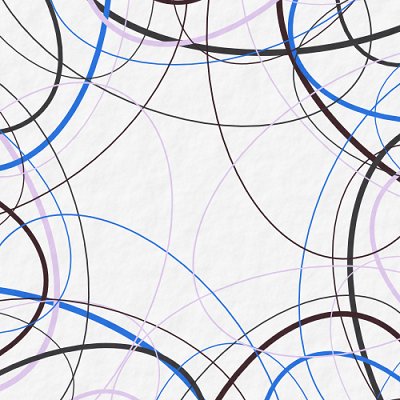結果
| 問題 | No.177 制作進行の宮森あおいです! |
| コンテスト | |
| ユーザー |
 ferin ferin
|
| 提出日時 | 2019-10-18 12:04:02 |
| 言語 | C++14 (gcc 15.2.0 + boost 1.89.0) |
| 結果 |
AC
|
| 実行時間 | 3 ms / 2,000 ms |
| コード長 | 3,252 bytes |
| 記録 | |
| コンパイル時間 | 2,293 ms |
| コンパイル使用メモリ | 184,856 KB |
| 実行使用メモリ | 6,944 KB |
| 最終ジャッジ日時 | 2024-06-25 14:08:12 |
| 合計ジャッジ時間 | 3,022 ms |
|
ジャッジサーバーID (参考情報) |
judge5 / judge1 |
(要ログイン)
| ファイルパターン | 結果 |
|---|---|
| sample | AC * 3 |
| other | AC * 13 |
ソースコード
#include <bits/stdc++.h>
using namespace std;
using ll = long long;
using PII = pair<ll, ll>;
#define FOR(i, a, n) for (ll i = (ll)a; i < (ll)n; ++i)
#define REP(i, n) FOR(i, 0, n)
#define ALL(x) x.begin(), x.end()
template<typename T> void chmin(T &a, const T &b) { a = min(a, b); }
template<typename T> void chmax(T &a, const T &b) { a = max(a, b); }
struct FastIO {FastIO() { cin.tie(0); ios::sync_with_stdio(0); }}fastiofastio;
#ifdef DEBUG_
#include "../program_contest_library/memo/dump.hpp"
#else
#define dump(...)
#endif
const ll INF = 1LL<<60;
struct dinic {
struct edge{
int to;
ll cap;
int rev;
bool isrev;
};
vector<vector<edge>> G;
vector<int> level, iter;
void bfs(int s) {
level.assign(G.size(), -1);
queue<int> que;
level[s] = 0;
que.push(s);
while(que.size()) {
int v = que.front(); que.pop();
for(auto i: G[v]) {
if(i.cap > 0 && level[i.to] < 0) {
level[i.to] = level[v] + 1;
que.push(i.to);
}
}
}
}
ll dfs(int v, const int t, ll f) {
if(v == t) return f;
for(edge &e: G[v]) {
if(e.cap > 0 && level[v] < level[e.to]) {
ll d = dfs(e.to, t, min(f, e.cap));
if(d > 0) {
e.cap -= d;
G[e.to][e.rev].cap += d;
return d;
}
}
}
return 0;
}
dinic() {}
dinic(int n) : G(n), level(n), iter(n) {}
void add_edge(int from, int to, ll cap) {
G[from].push_back({to, cap, (int)G[to].size(), false});
G[to].push_back({from, 0, (int)G[from].size()-1, true});
}
ll max_flow(int s, int t) {
ll flow = 0;
while(1) {
bfs(s);
if(level[t] < 0) return flow;
iter.assign(G.size(), 0);
ll f;
while((f = dfs(s, t, INF)) > 0) flow += f;
}
}
friend ostream &operator <<(ostream& out, const dinic& a){
out << "-----" << endl;
for(int i = 0; i < (int)a.G.size(); i++) {
for(auto &e : a.G[i]) {
if(e.isrev) continue;
auto &rev_e = a.G[e.to][e.rev];
out << i << "->" << e.to << " (flow: " << rev_e.cap << "/" << e.cap + rev_e.cap << ")" << endl;
}
}
out << "-----" << endl;
return out;
}
};
int main(void) {
ll w, n;
cin >> w >> n;
vector<ll> a(n);
REP(i, n) cin >> a[i];
ll m;
cin >> m;
vector<ll> b(m);
REP(i, m) cin >> b[i];
vector<vector<ll>> v(n, vector<ll>(m, 1));
REP(i, m) {
ll q;
cin >> q;
REP(j, q) {
ll x;
cin >> x;
x--;
v[x][i] = 0;
}
}
dump(v);
dinic flow(n+m+2);
ll s = n+m, t = n+m+1;
REP(i, n) flow.add_edge(s, i, a[i]);
REP(i, m) flow.add_edge(n+i, t, b[i]);
REP(i, n) REP(j, m) if(v[i][j]==1) flow.add_edge(i, n+j, INF);
ll ret = flow.max_flow(s, t);
if(ret >= w) cout << "SHIROBAKO" << endl;
else cout << "BANSAKUTSUKITA" << endl;
return 0;
}
